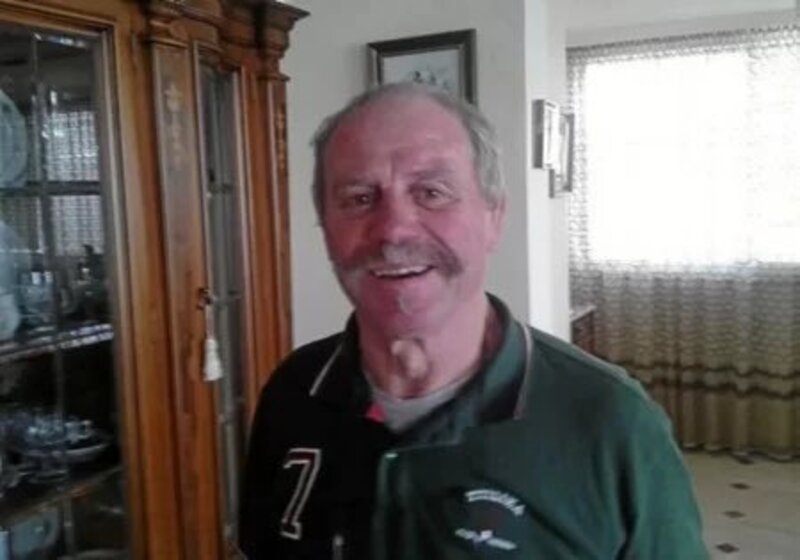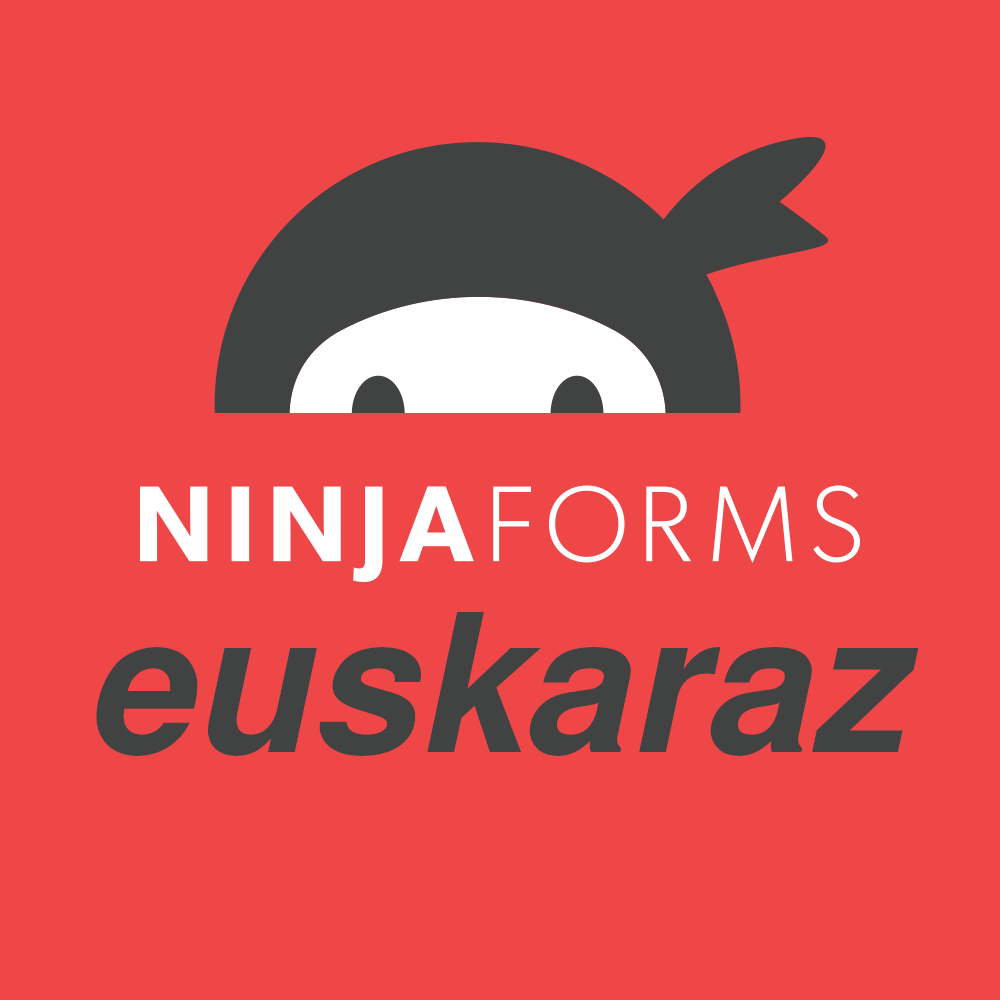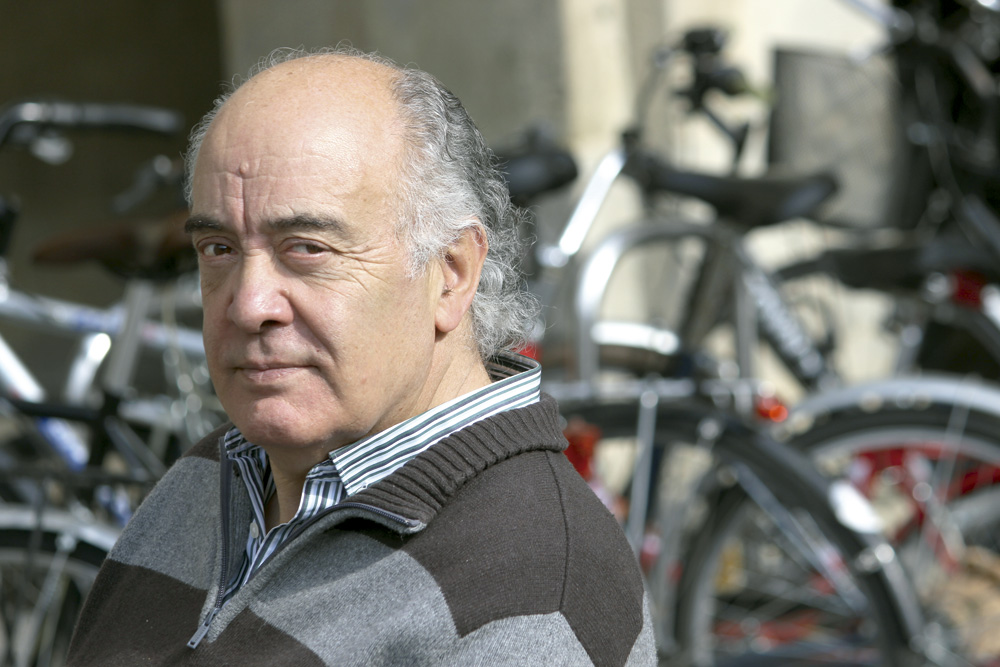Recognition for the work carried out in the Basque Country in the rural environment of Aiaraldea
- For their work in favor of Euskera and culture, Eba Alonso and Josu Zabala received in December in Laudio a tribute to the baserritarras of Aiaraldea. They were paid a tribute in the Christmas market for the efforts they have made to integrate the rural environment of Aiaraldea into the world of Euskera. The members of the Errilur association, the promoters of the tribute, affirmed that “this small tribute serves to recognize your honesty for all these years.”
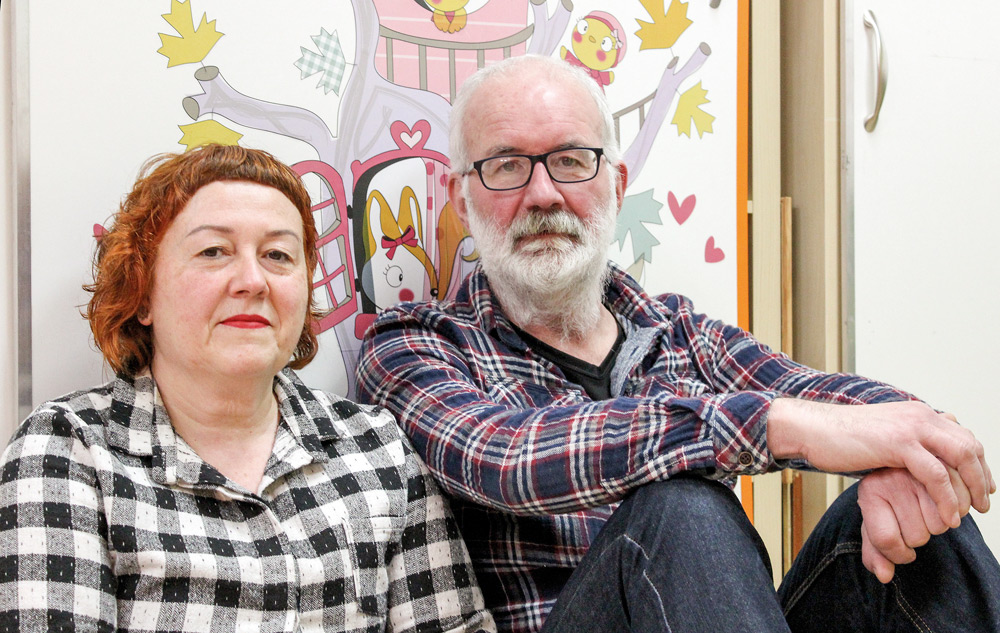
Eba Alonso (Areta, 1965) is a pedagogue and professional speech therapist. Josu Zabala (Arakaldo, 1963), worker of the steel factory of Amurrio. “I don’t know what we’re going to tell you. It's a simple job. When something needs to be done, we do. That's it. By Christmas, Josu will get to do a nougat course, or a workshop of polvorons, mountain marches… Josu always inventing things, and I do!” says Eba Alonso. Josu Zabala sees things in her own way and has the key in one word: “Auzolan. It seems that there are people who think that we have to have people at our service to do jobs that are ours. I also see it in the workshop: we prefer that there be jobs that are not the responsibility of anyone, that are done by others, that by oneself. On the contrary, I believe that citizens also have a responsibility.” Zabala's claim is in favour of auzolan.
Two Euskaldunberris in Laudio
In Zabala's house they were Basques. Remember that as a child they took him to the nuns of Laudio to study. “Once our father went to school, they asked him how I was and they said: ‘It’s a chinchín. The truth is, it says nothing. Look, yes, it's there, but tell it, nothing!' My father said then: ‘The point is that we speak at home in Basque’. The nun replied: ‘That’s usually fixed.’ This is how slowly I lost Euskera. I just knew a few words.” Up to 18 years old. So, we go to the Basque Country, we sign up and we decide: “I decided that since then I wouldn’t do Spanish with my parents. I simply changed my linguistic attitude, without saying anything to anyone: I started in Euskera,” and so it has done the way so far.
Eba Alonso: "I ask anyone who wants to work with me to speak in Basque, not the Basque certificate"
Alonso and Zabala met when they were in the Basque Country. “My family is Castellanoparlante. The two of us were studying in Euskaltegi and at first, in Spanish. We decided when our daughter was born: at home we would speak in Basque.” They thought about it and they did it, with no further complications. In this regard, Zabala has taken the floor: “Some people talk about the impossibility of living in Basque, and I don’t know! As for those older than us, I am not going to say anything, but I believe that those younger than us have no excuse to live in Basque: neither the school, nor the tools, nor the resources… nor excuses”. Alonso, pulling the rope, said: “The Basque Country is in our daily lives. At home we speak in Basque, I work in Basque... And we're not the only ones at Laudio. Every day I see that parents speak to their children in Basque.” However, he has adhered to Zabala ' s note: “But I also see that younger parents, even if they are Basque, speak Spanish with their children. Ask them why they behave this way, and the answer is that those children will also speak in Basque if they want. I contradict them. ‘Do not deny this right to your children. He lives in Euskera. The Spanish is on the street, they will have no difficulty learning Spanish’. Alonso's word is that of an Euskaldun berri.
Alonso enrolled in the Basque Country when he began studying Pedagogy. “In the year after the 1984 floods. I wanted to learn Basque, because I wanted to speak in Basque, because I wanted to know our culture from within. I didn't want any titles. And now, too, to anyone who wants to work with me, I ask him to speak in Basque, not to speak in Basque. ‘I have EGA’, when they tell me, I answer: ‘I don’t care about the title. I want the person who speaks Basque, not the one who has the title on the bedside table.’” At the time he began studying in Basque, he had several Basque friends and friends. “But we did it in Spanish. However, when I started working for the Basque Country, I began to speak in Basque with them. Later, when I started working on the EGA title, I got to hate it, both EGA and Euskera, and I stopped studying.” After a year the Basque Country resumed. “I discarded the pressure of the title and breathed.” The peace of the language had certainly ended.
Kaletarrak with baserritars
“We are on the street, but we have a close relationship with the rural world,” Alonso tells us. “When we met, for example, we were going to eat every Sunday at the Madariaga House of Arakaldo of Josu’s grandmother. As far as I'm concerned, as a child, we were going to our grandmother's Morteru farmhouse. And in summer, we were there all of our cousins. When I met Josu, we went every weekend to Mortero, to play with grandma, à la carte.” Today, his brother Fidel is his pastor in Morteru.
.jpg)
Dwelling is an important part of your experience and experience in the world. Thus came Alonso, for example, to be part of the Association of Dogs of Pastor of Álava in Arate, where it is his responsibility to organize competitions and exhibitions. “The association was born 27 years ago and although some of its members are Euskaldunes, when we started meeting I realized that Castilian was within the association. Look, my Basque is not the richest in the world, nor do I have a very rich dictionary, but I always try to speak in Basque. We have managed to have the Basque included in our meetings, as well as in the group’s whatsapp, the Basque one. Those who do not know Euskera have the problem, of course. Someone has ever written: ‘They write in Basque and, in addition, in an unintelligible way’. That is, because some write as they speak, not in standard Basque written. We have succeeded in getting the Basque Country into that circle normally. And well, and the shepherds, and I too.”
.jpg)
Currently, they work to ensure that Euskera and culture are present in each and every one of the events they organize. And Zabala helps, says Alonso: “When it comes to competitions or exhibitions of shepherd dogs, Zabala makes a speech. On the first day I was told to end Josu because he was stretching, but since then people have become accustomed to Josu’s great speeches and listen carefully to other details of summer music and our culture.” And, on the other hand, they are always dedicated to raising the dwarf, through the culture that the dwarf has brought us, honoring some local character. And that's what allows Zabala to cultivate pride. “We have to work pride. We have to somehow thank the baserritars for the effort they have made throughout their lives. I think they do a work of pride.”
Tribute
The winter market is celebrated in Llodio in the last ten years. On the other hand, from January to December, the fair is celebrated every Thursday and also on Saturdays since the beginning of the pandemic by the hand of the Errilur association. This makes available to consumers the agro-ecological food of local producers.
Josu Zabala: "There are people who talk about the impossibility of living in Basque, and I don't know, well," he added. I believe that those who are younger than us have no excuse to live in Basque: one's school, instruments and resources..."
The year-end fair has a special force, and along with the baserritars there are also artisans, village schools, the Basalarrina de Laudio association, the leisure group Kirikiño and others. This year, due to the situation of the pandemic, the Winter Fair has not been held. Zabala tells us: “At first it was a small thing, but it has gained strength. Two or three years ago, the Basalarrina Association decided to support the fair, enrich it, make our contribution from the Basque Country and culture”. Children's games, drawing competitions, Basque dances and workshops of all kinds were organized. “From Euskera and Euskera, we wanted it. Therefore, the post has not been put in place, some have been sold and others have been purchased. We wanted more than that, to get other complicities.” And it is precisely this desire for complicity, a generous work, that has brought the tribute to Alonso and Zabala.
Unexpectedly, they have received a recognition, according to Alonso: “We didn’t expect any of that. It was Thursday market day, and there we were, in our own things, with others. Then, at one point they told Josu and I that we could go to the plaza, and there we received a tribute. It was exciting.” Emphasis of Zabala: “They have confessed to us, but everything is merit of auzolan. It’s easier to focus on recognition, but more important than that is to see that the work we’ve done is recognized by others, that our work, in one way or another, also serves to make them proud.”
Alonso and Zabala received the memory of one of the artisans participating in the winter fair. “It’s from Fidel Largatxa, wonderful. Fidel is a great artist, of great creativity.”
Euskalgintzaren Kontseiluak eta Bizkaiko Foru Aldundiko langileak elkarretaratzea egin dute langileen egonkortzearen eta euskalduntzearen alde.
EH Bai koalizioak babesturiko Ahetzen zerrenda gailendu da bozen bigarren itzulian, joan den igandean, botoen %44 erdietsirik.
The victims created by the IAP are not only functionalized teachers thanks to the stabilization process brought about by the IAP Law, but much more. Some have been given some media visibility as a result of Steilas's appeal, but most of them are invisible. All the victims of the... [+]









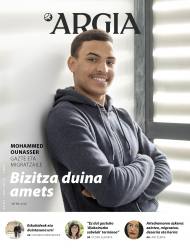

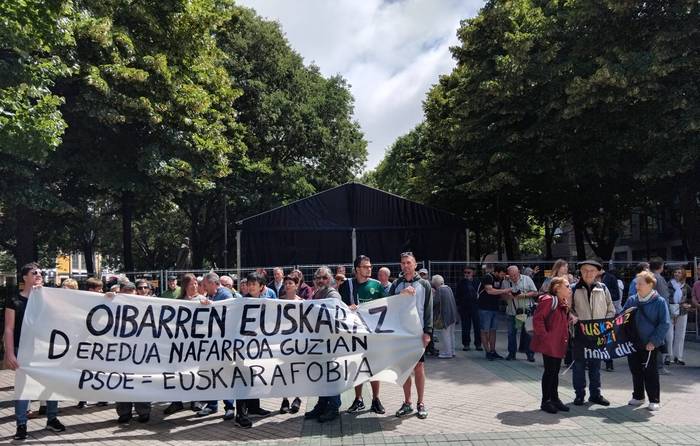
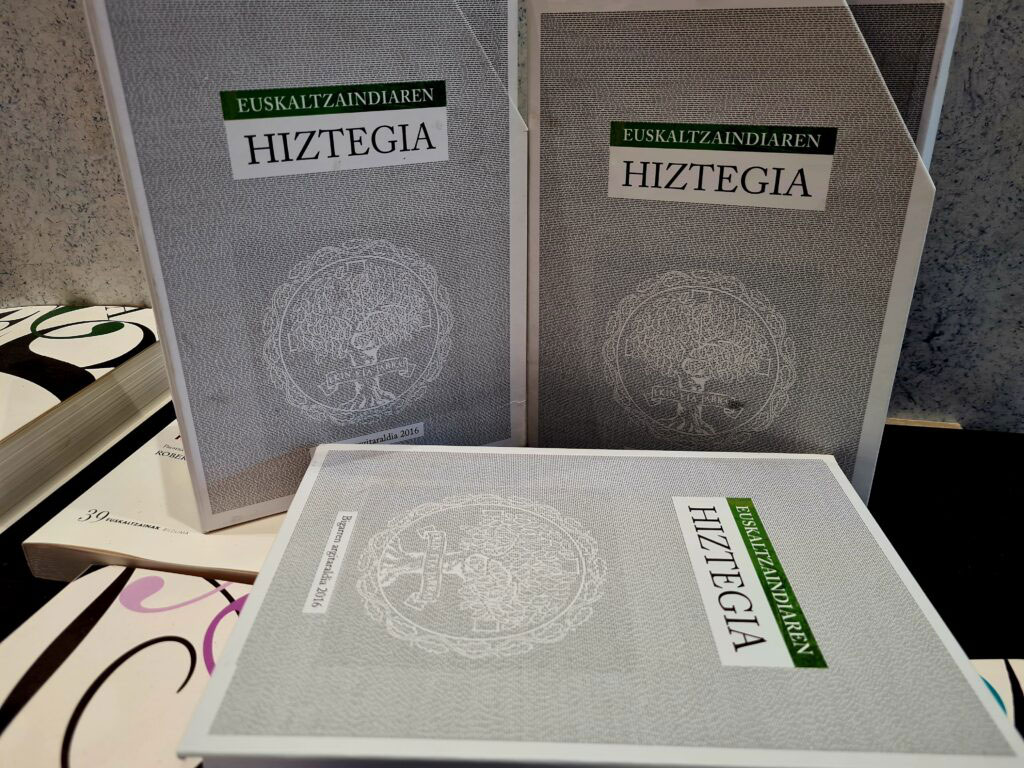
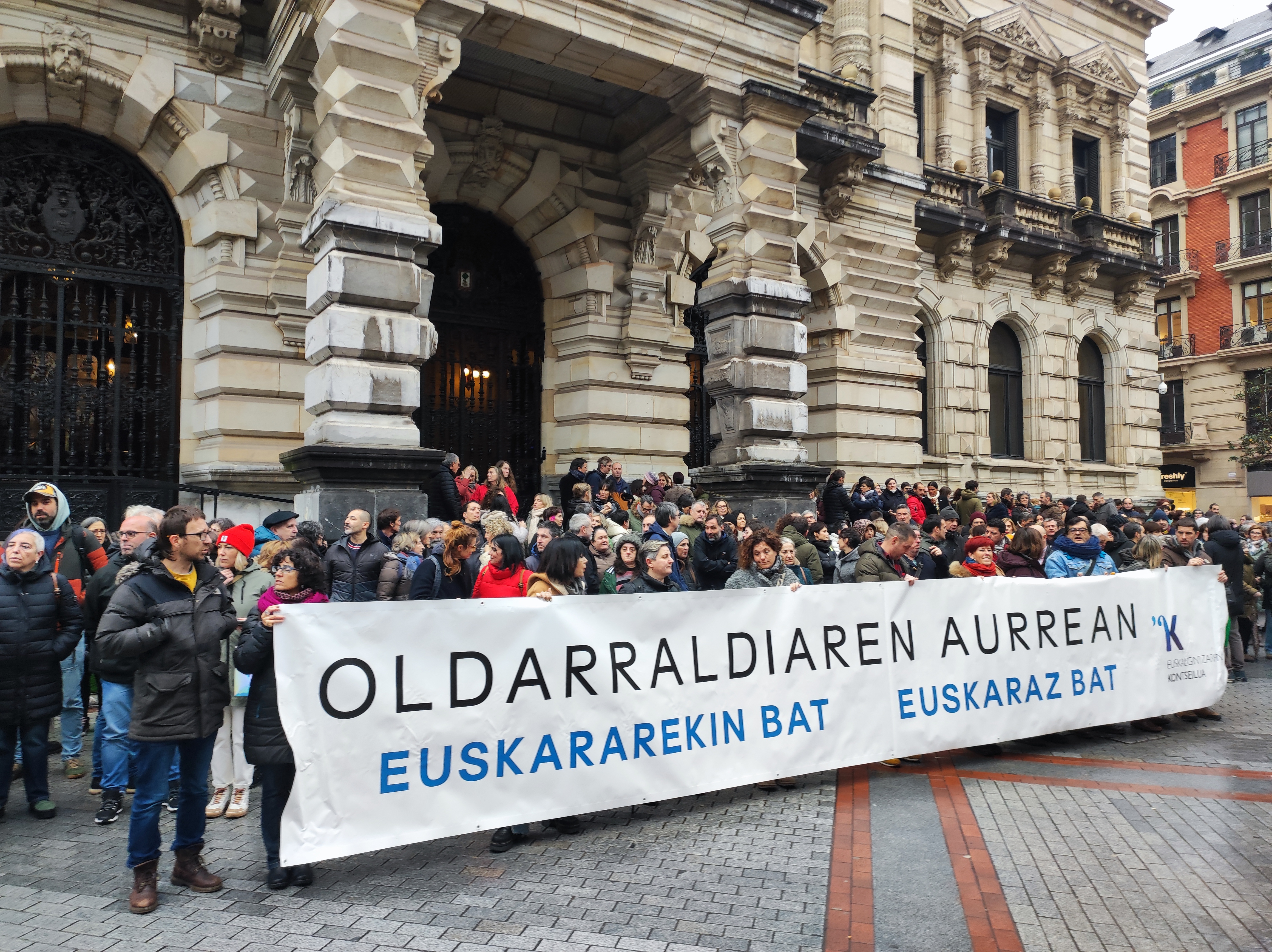
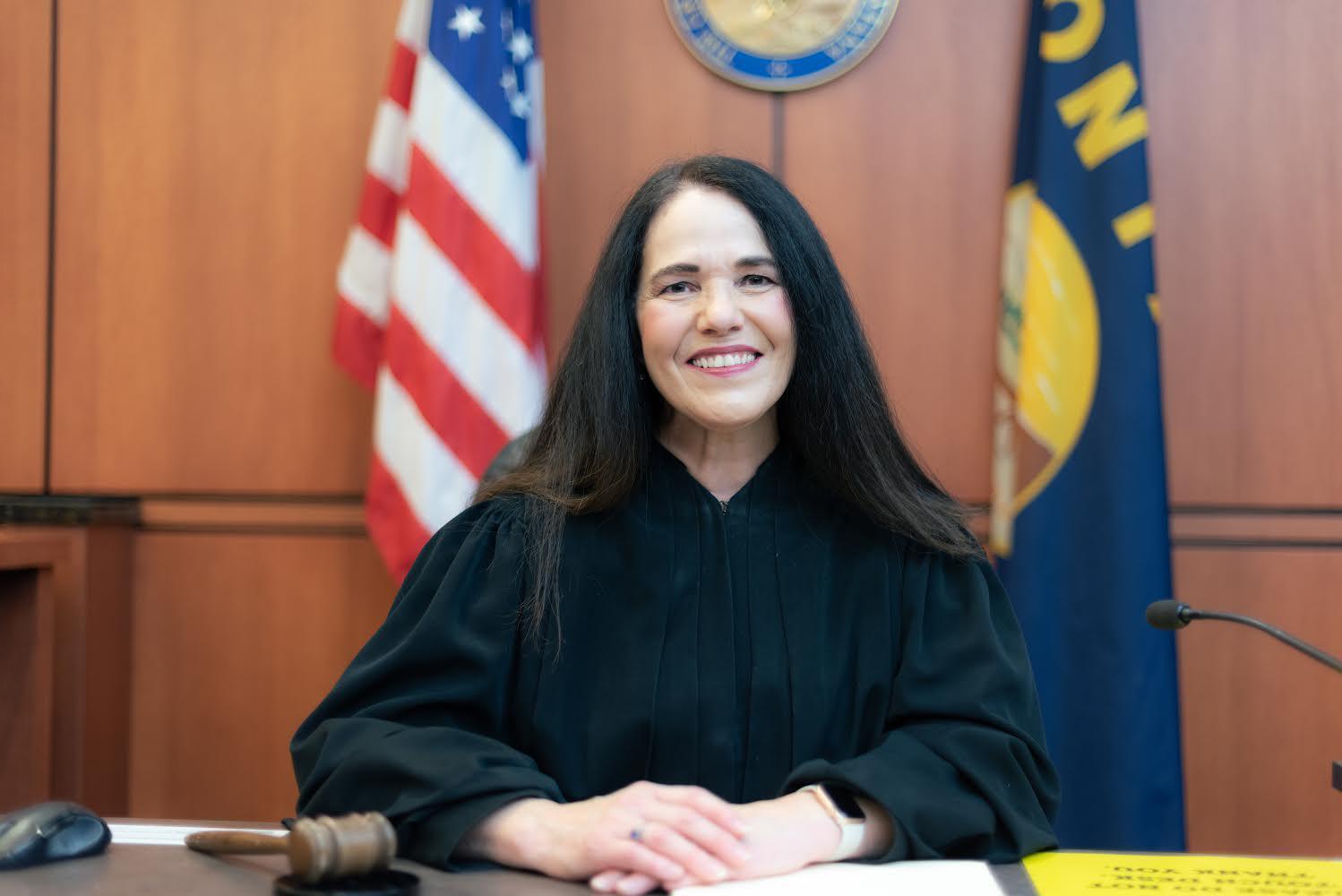
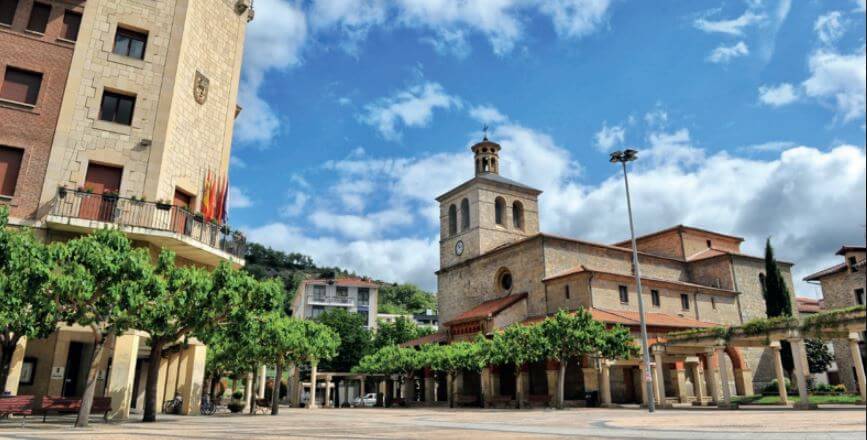
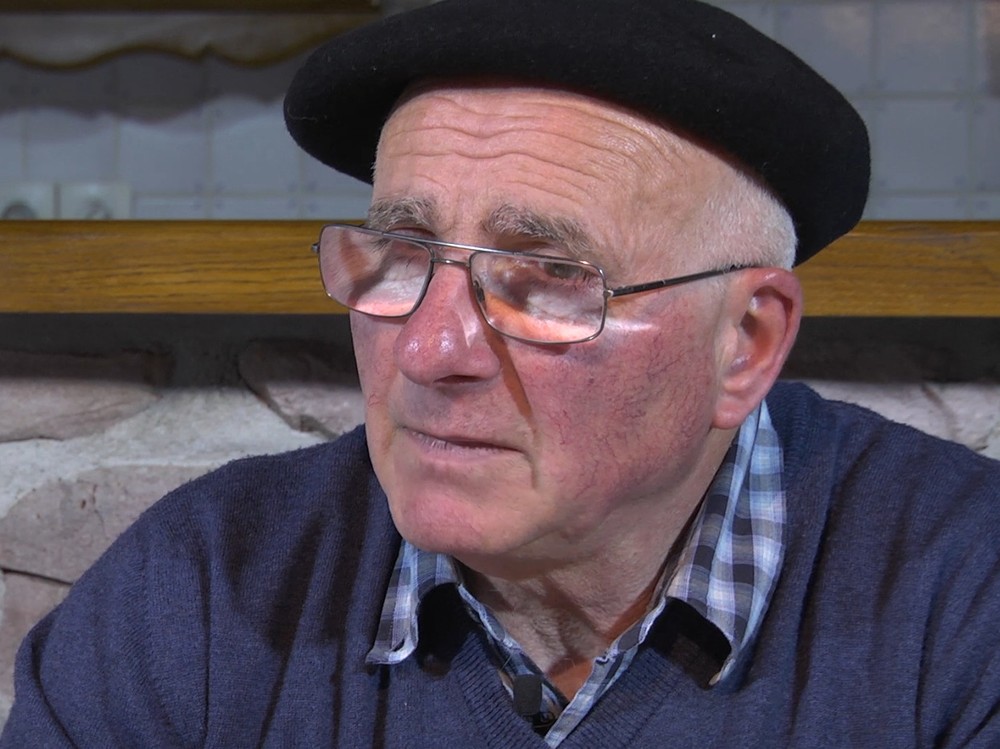
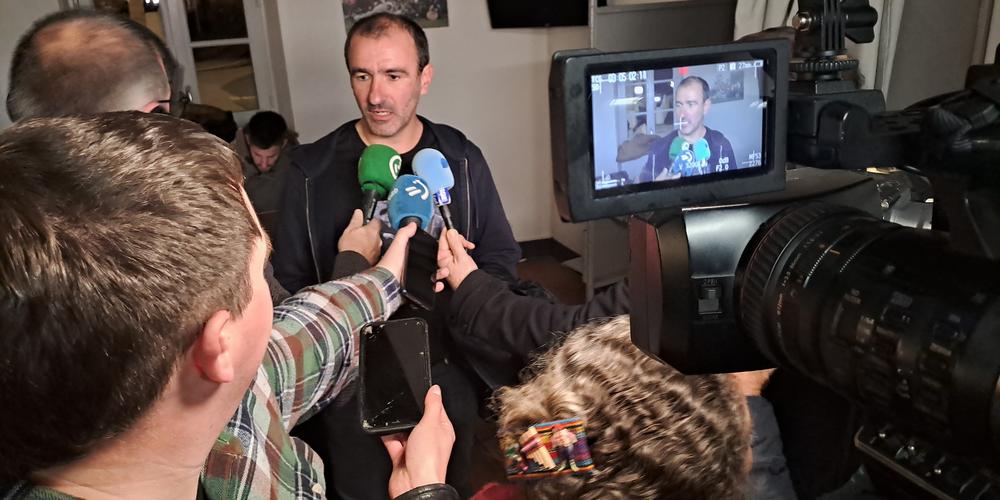
.jpg)
